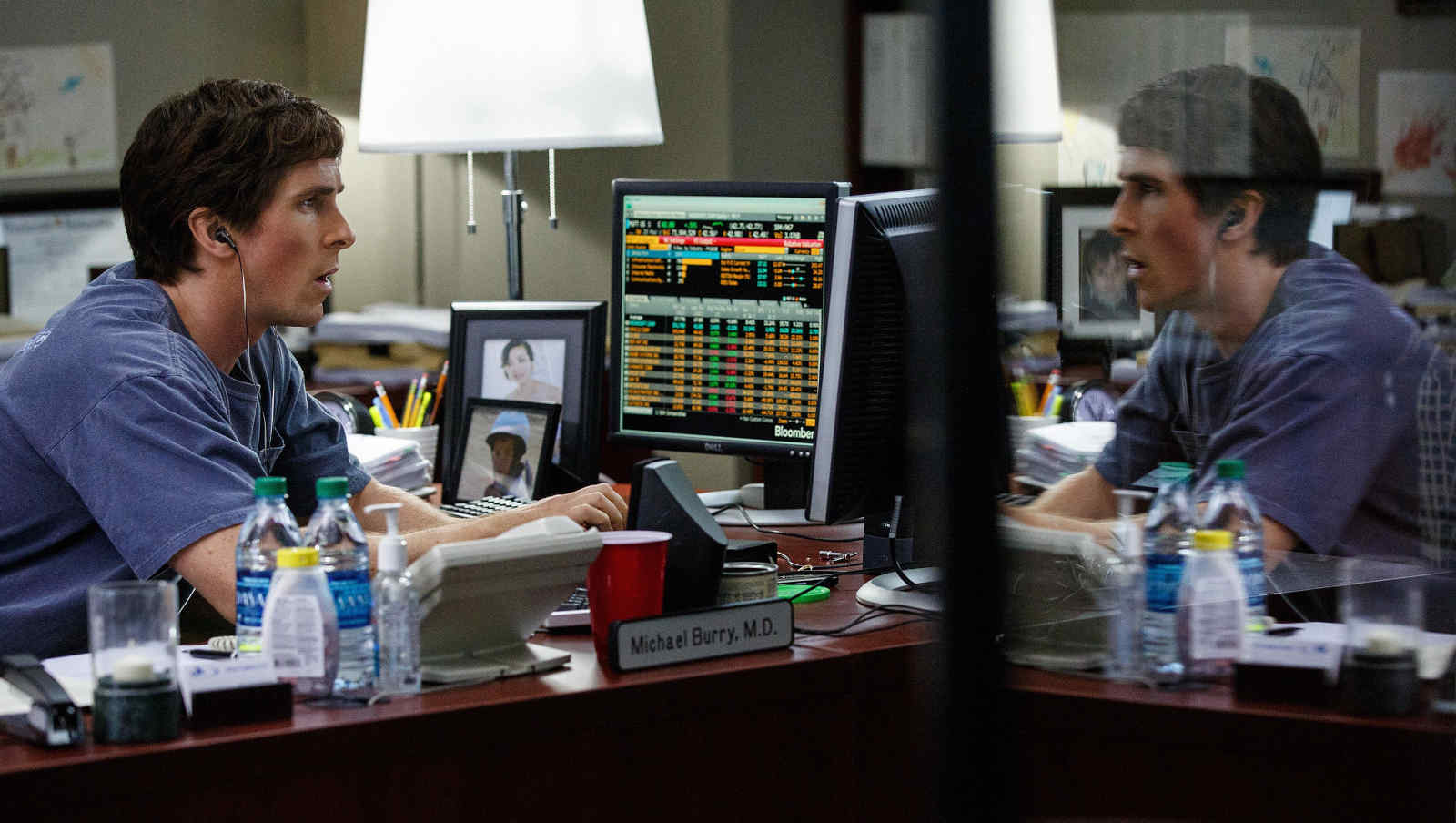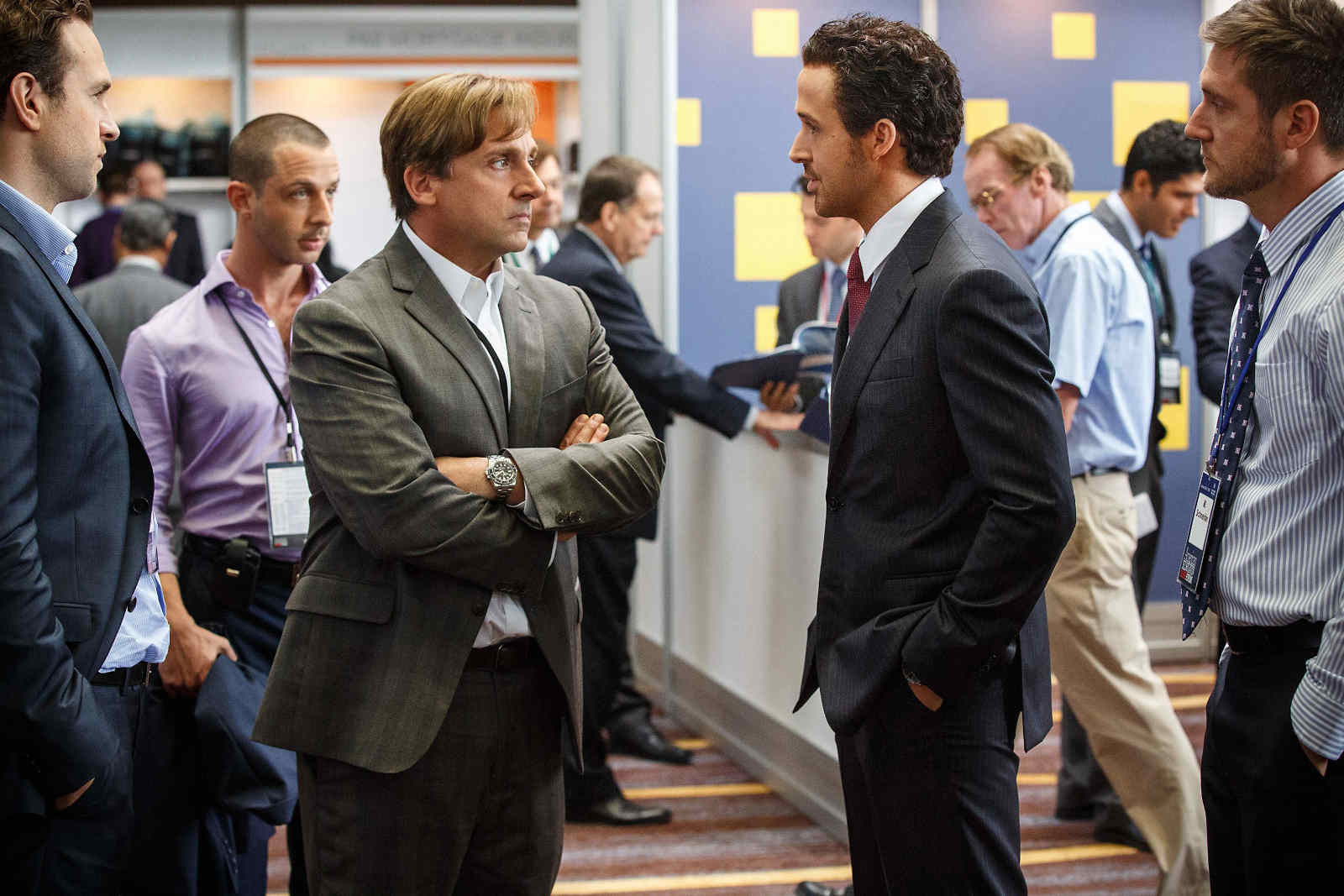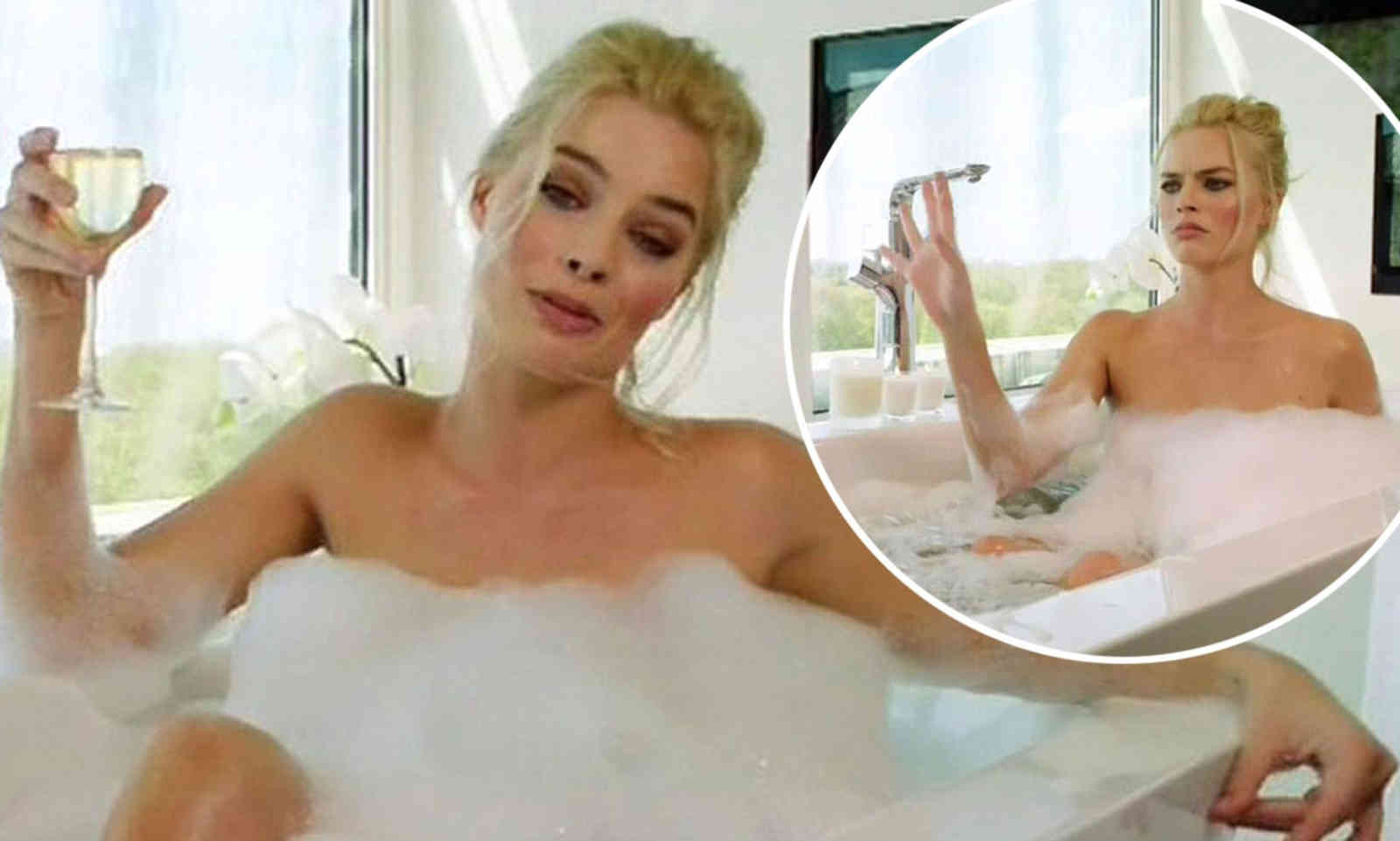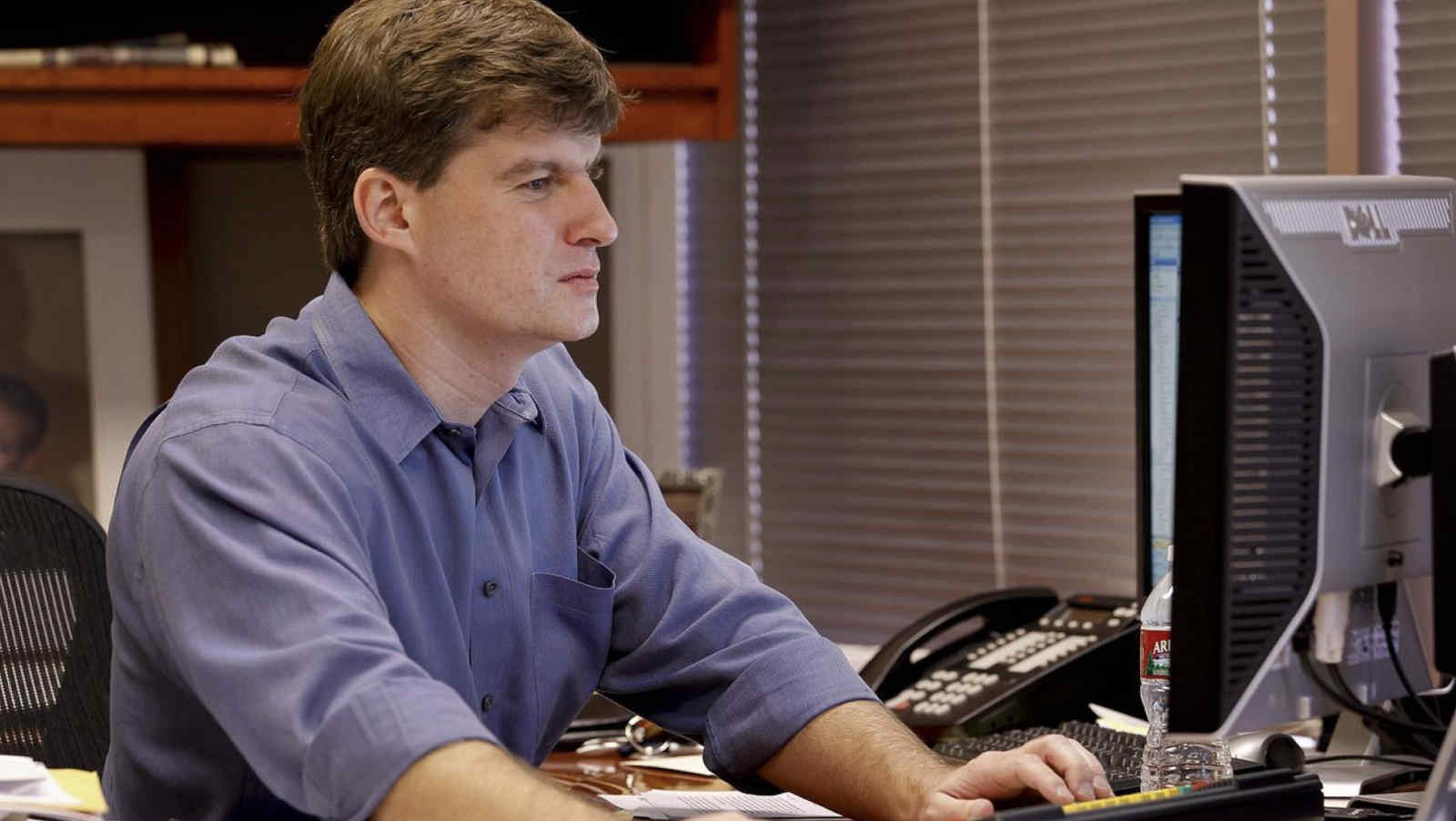
‘The Big Short’ Review
In 2005, eccentric hedge fund manager Michael Burry (Christian Bale) looks at the American real estate market and finds that it is on the verge of an all-time collapse.
Since no one else notices this, Burry realizes that this is a chance to make colossal money. Therefore, he invests almost all of his fund’s funds in bonds, which will be paid in the event of a market crash.
News of this financial move is flying around New York, and while most market participants are twisting their fingers to their temples, several businessmen decide to conduct their own investigations and find out if they should also play short.

The global crisis of 2007-2008 gave rise to a whole industry of explanations for what happened in the American and world economies.
Since this crisis was closely associated with the use of complex financial instruments, its essence could not be explained with a couple of phrases, and the Internet and the media were filled with materials, the authors of which tried to explain puzzling abbreviations like CDO on their fingers.
Some did it better, and some did it worse, but by the time the main wave of the crisis subsided, everyone who wanted to understand what had happened did it. Especially if they were fluent in English.

Although many of the characters in The Big Short have real-life prototypes, Christian Bale’s character is the only one who appears in The Big Short under his own name. Formally, The Big Short is an art biopic about Burry and several other real financiers who saw the impending crisis in time.
However, in fact, Adam McKay filmed another documentary “explanation” in which the characters, addressing each other or directly to the audience, chew on complex terms and explain why the then business model was doomed to such fiasco.
In some places, The Big Short simply pauses the narrative and brings up guest celebrities like singer Selan Gomez & actress Margot Robbie to illustrate the more puzzling parts of the on-screen finance lesson.

The Trading Process
The Big Short touches on a lot the trading process and its influence. In The Big Short, there are a lot of moments and episodes when we can see rage, outbursts, and at the same time joy, which is depicted on the characters’ faces.
For a lot of viewers, The Big Short was seen as a trading vs gambling picture, where characters are investing their time and energy to get more money and hence become richer. No wonder, because The Big Short happens during a period, which affected a lot of people.
The heroes bet on a crisis, then hold their breath waiting for their bets to be played – and a catastrophe happens like clockwork. That for the audience is not a secret from the very beginning of the picture. Obviously, it doesn’t even smell like unpredictability.

A Movie Worth Watching
The Big Short is certainly worth watching. Not for predictable plot twists and not for financial clarifications that can be found on the Internet for free, but for the powerful charge of emotion that the filmmakers put into The Big Short.
While their predecessors mainly sought to simply figure out what had happened and sort the crisis on the shelves, the creators of The Big Short are seething with indignation against all those who have let the world economy down, and do not hesitate to express this rage. The Big Short literally glows with righteous anger, and this anger is infectious because it is played by bright actors.
Indeed, what else can you feel when, as an American, you find out that not only respected bankers and real estate traders have been cheating the country, but everyone connected with the financial industry, from supervisors to influential media outlets?

If it were only about payments to secondary financiers like Burry and his associates, then the big banks would once again rewrite the rules of the game and ruin both those who trusted them and those who accused them of bluffing.
As the saying goes, “black – I won, red – you lost,” and winning in such a game is perceived as a Pyrrhic victory. Heroes win millions but lose the country, because America, even after the epoch-making crisis, continues to follow the lead of those who rob it. With all this, The Big Short is not a depressing movie, because the horror of what is happening is compensated for by its hilarity.
To paraphrase another saying, one can say: “Whoever studied finance does not laugh in the circus,” and the authors of the picture did not have to exaggerate or deliberately compose jokes in order to demonstrate the absolute absurdity of what is happening in the country.

When a naive provincial stripper admits that she bought five houses and an apartment with mortgages, because they are given without any checks, literally by the first person you meet, it is difficult to resist a nervous laugh.
And this is far from the most absurd of everything that the characters discover! House of Cards seems like a granite fortress compared to the American real estate market of that time, and the financial instruments of this market had the highest reliability ratings!



